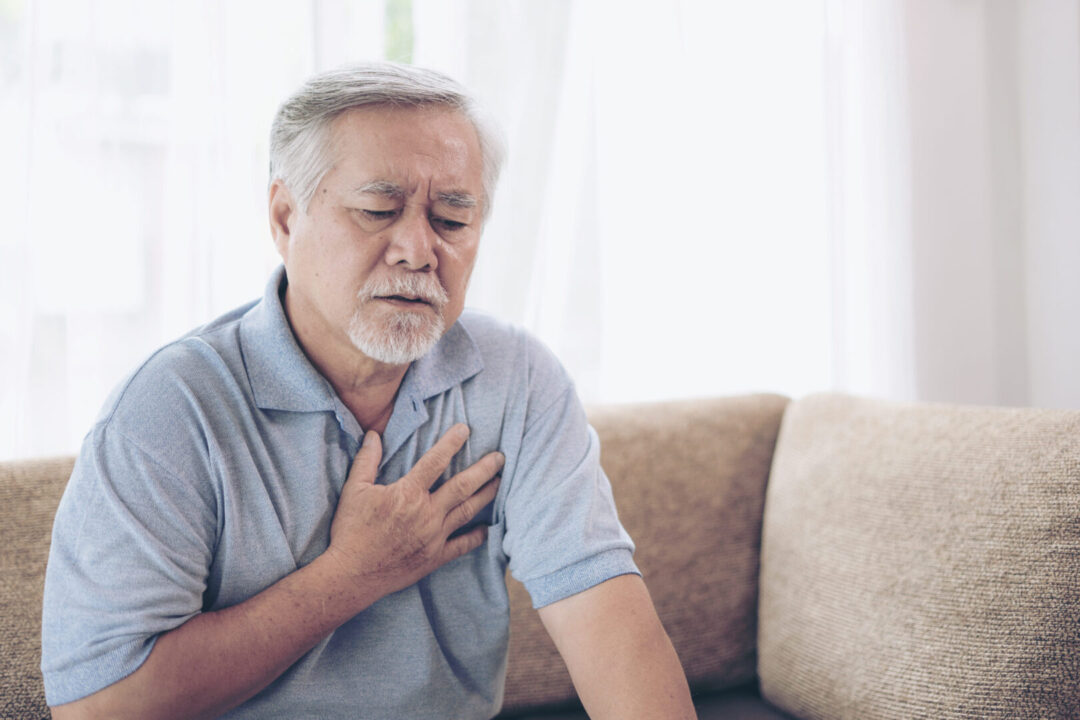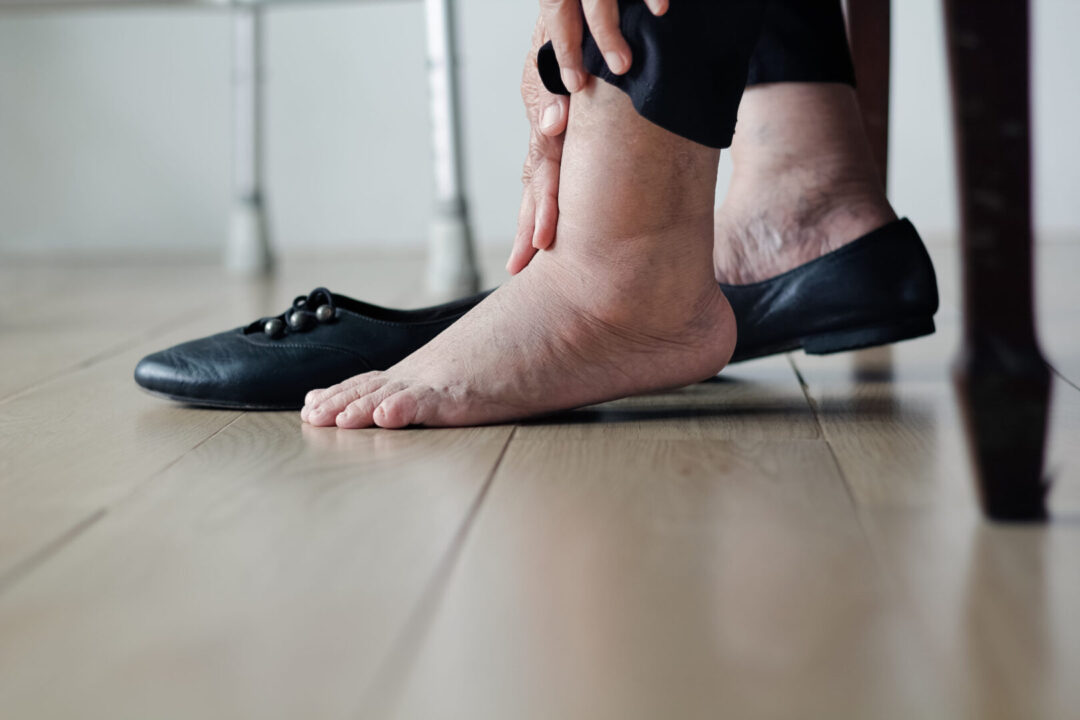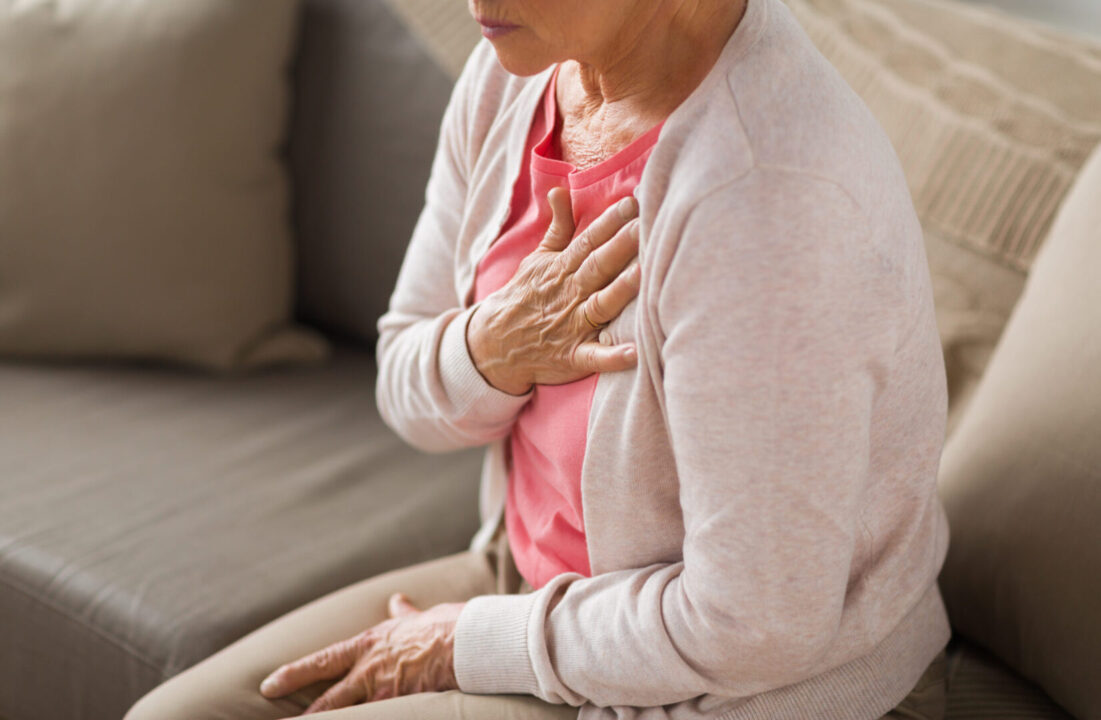As our country continues to improve its standards of living, this could lead to an increase of sedentary lifestyle. With this change in pace, it is to no surprise that heart attacks are still the number one killer in Malaysia! According to the Department of Statistics Malaysia (DOSM) a total of 16,374 deaths or 15 percent of 109,164 medically certified deaths were due to heart disease in 2019.
Education is just as important as keeping yourself healthy and so, here are some important information you’ll want to take note of.
Not all heart problems come with a clear warning sign. There isn’t always an alarming chest clutch followed by a sudden fall like you see in movies.
How well do you know about your heart?
If something went wrong with your heart, would you know it?
Not all heart problems come with a clear warning sign. There isn’t always an alarming chest clutch followed by a sudden fall like you see in movies.
We talk about heart health a lot, but did you know that chest pain isn’t the only symptom of heart attack? Well, it’s never too late to educate yourself or your elder ones some of the symptoms that should not be taken for granted. Here are some great examples:

#1 Chest discomfort
It’s the most common symptom of a heart attack. If you are having a heart attack, you may feel pain, tightness, or pressure in your chest. However, everyone has a different word to describe this feeling of pain. Some would say it’s burning or like an elephant sitting on their chest.
This feeling of pain can last longer than a few minutes and it may happen when you’re doing something physical or even while resting.

#2 Nausea, indigestion or stomach pain
Apart from chest discomforts and heartburn during a heart attack, some people may experience:
- Vomiting
- Nausea
- Indigestion
- Stomach pain
Of course, you may have an upset stomach for many reasons that may have nothing to do with the heart. Nonetheless, you still need to be aware that these symptoms can also happen during a heart attack.
If you have a blocked artery or had a heart attack previously previously, do not take these symptoms for granted and shrug it off thinking that it could just be from something you ate.

#3 Pain on your arm
Another classic symptom of heart attack is pain that radiates down the left side of your body. Most of the time it almost always starts from the chest and moves outward. Sometimes, you may not notice the pain in your chest, but can immediately feel the discomfort on your left shoulder and arm.
The pain on the arm comes on suddenly and can intensify. Generally, it is also accompanied by other symptoms such as shortness of breath, dizziness or fatigue.

#4 Dizzy or lightheaded
A lot of things can make you lose your balance or feel like you’re about to faint any moment now. It may be because you skipped your breakfast, you stood up too fast or you have low blood sugar level.
Feeling dizzy or lightheaded could mean your blood pressure has dropped because your heart isn’t able to pump blood the way it is supposed to. So, if you suddenly feel unsteady and at the same time experience shortness of breath or chest discomfort, immediately call your doctor!

#5 Throat or jaw Pain
By itself, we know throat or jaw pain may look like it isn’t related to heart attack. It’s more likely due to a cold, sinus or something relating to your teeth. However, throat and jaw pain is another symptom of heart attack. When a heart attack strikes, it often feels like a pressure or squeezing pain in your chest. These pain may spread towards other parts of your body through your neck, jaw, shoulder as well as your arm and at the back of your body.

#6 Swollen legs, feet and ankles
Swollen legs, feet and ankles could be a sign that your heart isn’t pumping blood as effectively as it should be doing. When the heart isn’t pumping fast enough, the blood backs up in the veins of your legs. This leads to fluid build up in your tissues that causes bloating.

Every second matters
Don’t ignore the symptoms of a heart attack because every second matters when you or someone you know is having a heart attack. We urge you to seek immediate medical attention if you or someone you know is experiencing any of the symptoms from above as that could be a signal of heart attack.
Sources: WebMD, Department of Statistics Malaysia (DOSM)












